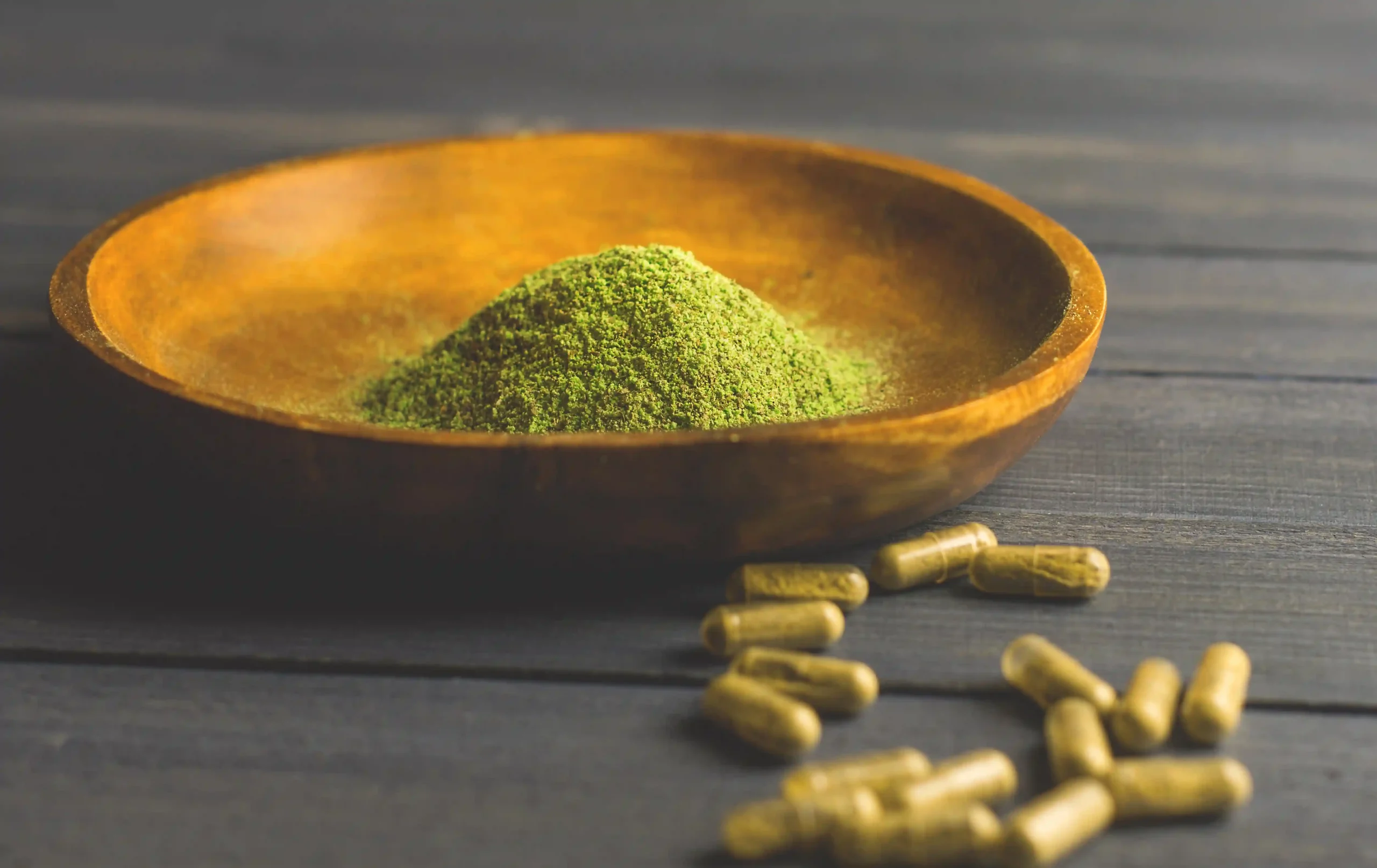Recognizing the Critical Signs of Kratom Overdose
Kratom, derived from the Mitragyna speciosa tree native to Southeast Asia, has gained popularity for its potential pain-relieving and mood-enhancing effects. However, like any substance, it carries risks, and the question of “can you overdose on kratom?” is a serious one. While fatalities directly attributed solely to kratom are relatively rare, overdoses, and severe adverse reactions are possible, especially when combined with other substances.
I. Introduction: The Rising Popularity and Potential Dangers
- Kratom’s effects are dose-dependent, ranging from stimulation at lower doses to sedation at higher doses.
- The alkaloids mitragynine and 7-hydroxymitragynine interact with opioid receptors in the brain, contributing to its effects.
- This interaction with opioid receptors is the main reason that kratom can be dangerous, and why overdose is a concern.
- While many people use kratom responsibly, the lack of standardized regulation and varying product quality pose significant challenges.
II. Understanding Kratom Dosage and Potency
- Dosage is a crucial factor in determining the risk of overdose.
- “Low” doses are generally considered to be 1-5 grams, “moderate” doses 5-15 grams, and “high” doses over 15 grams.
- Potency varies depending on the strain, preparation method, and individual plant.
- Extracts and concentrated forms of kratom are significantly more potent and carry a higher risk of overdose.
- The lack of standardized regulations means that the amount of active ingredients in kratom products can vary widely.
III. Factors Contributing to Kratom Overdose
- High Doses: Consuming excessive amounts of kratom, especially in concentrated forms, significantly increases the risk.
- Combining with Other Substances: Mixing kratom with alcohol, opioids, benzodiazepines, or other central nervous system depressants can have synergistic effects, leading to severe respiratory depression and overdose.
- Pre-existing Health Conditions: Individuals with underlying medical conditions, such as liver or kidney problems, are more susceptible to adverse reactions.
- Individual Sensitivity: People react differently to kratom due to variations in metabolism, genetics, and tolerance.
- Product Variability: Because kratom products are not regulated, the potency and purity of products can vary widely, increasing the risk of unintended overdose.
IV. Recognizing the Signs and Symptoms of Kratom Overdose
- Nausea and Vomiting: Common symptoms, especially at higher doses.
- Dizziness and Loss of Coordination: Impaired motor skills and balance.
- Respiratory Depression: Slowed or shallow breathing, a potentially life-threatening symptom.
- Seizures: In severe cases, kratom overdose can trigger seizures.
- Hallucinations and Confusion: Altered mental state and disorientation.
- Cardiac Issues: Rapid or irregular heartbeat.
- Loss of consciousness: This is a very serious symptom.
V. The Dangers of Kratom Withdrawal and Dependence
- Regular kratom use can lead to dependence and withdrawal symptoms.
- Withdrawal symptoms can include muscle aches, insomnia, irritability, and anxiety, which might lead people to consume more kratom, and therefore increase the chance of overdose.
- This can create a cycle of increasing use and potential overdose.
- The withdrawal symptoms can be very unpleasant, and this is another reason to use kratom with extreme caution.
VI. Safety Tips and Precautions
- Start with Low Doses: Begin with a small dose and gradually increase if needed, under careful monitoring.
- Avoid Combining with Other Substances: Do not mix kratom with alcohol, medications, or other drugs.
- Purchase from Reputable Sources: Choose vendors that provide transparent information about their products and conduct third-party testing.
- Monitor for Adverse Reactions: Pay attention to any unusual symptoms and discontinue use if necessary.
- Consult a Healthcare Professional: Discuss kratom use with a doctor, especially if you have pre-existing health conditions or are taking medications.
- Be aware of the symptoms of overdose, and have a plan in case they occur.
VII. Seeking Help and Treatment
- If you suspect a kratom overdose, seek immediate medical attention.
- Treatment typically involves supportive care, such as monitoring vital signs and managing symptoms.
- In severe cases, medications may be administered to reverse the effects of kratom.
- If you are struggling with kratom dependence, consider seeking professional help from a substance abuse specialist.
VIII. Conclusion: Responsible Use and Awareness
While kratom offers potential benefits, it’s essential to understand the risks and use it responsibly. The potential for overdose, especially when combined with other substances, should not be underestimated. By adhering to safety guidelines and seeking professional advice, individuals can minimize the risks and make informed decisions about kratom use. The key takeaway is that “can you overdose on kratom?” is a question that must be taken seriously, and that education and responsible use are crucial.
